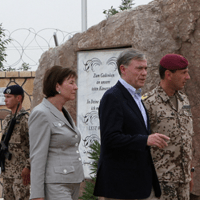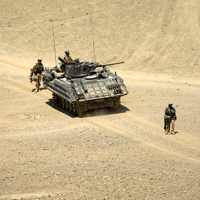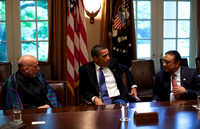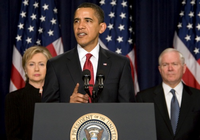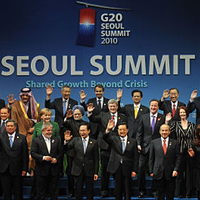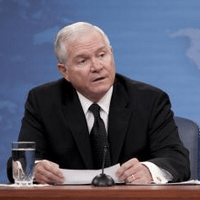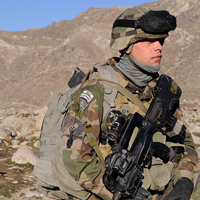
The attacks of Sept. 11 were a significant event: for the attacks in and of themselves; for what they brutally revealed in terms of international terrorism’s new ambitions; for their chain reactions, around the world and, in particular, in the countries that, whether due to solidarity or interest, entered the global war on terrorism alongside the United States. Among those nations, France immediately rallied to America’s side and, as a result, found itself, along with others, quickly dragged into a conflict that it had not sought: the Afghanistan War. Nine years since they arrived in Afghanistan, French troops are still […]

